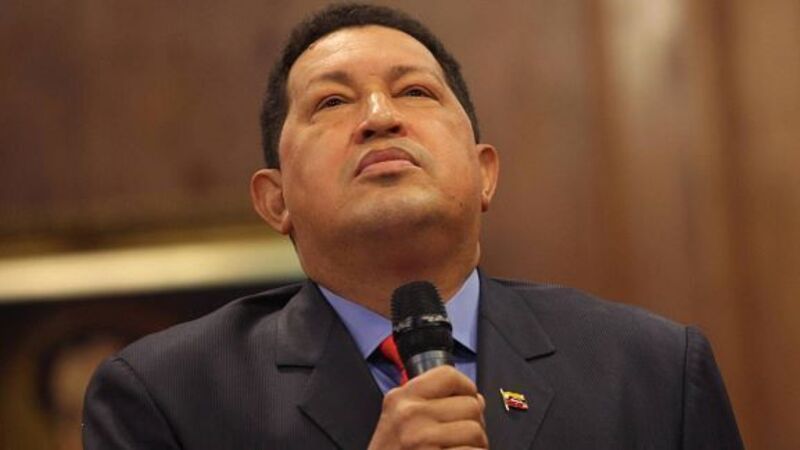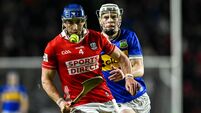Chavez party resists call for new elections

Venezuela's vice president said today ailing President Hugo Chavez could be sworn in by the Supreme Court later on if he is not able to take the oath of office next week because of his struggle with cancer.
Nicolas Maduro made the comment in a televised interview, dismissing the argument by some opposition leaders that new elections must be called if Mr Chavez does not take office as scheduled on Thursday.














